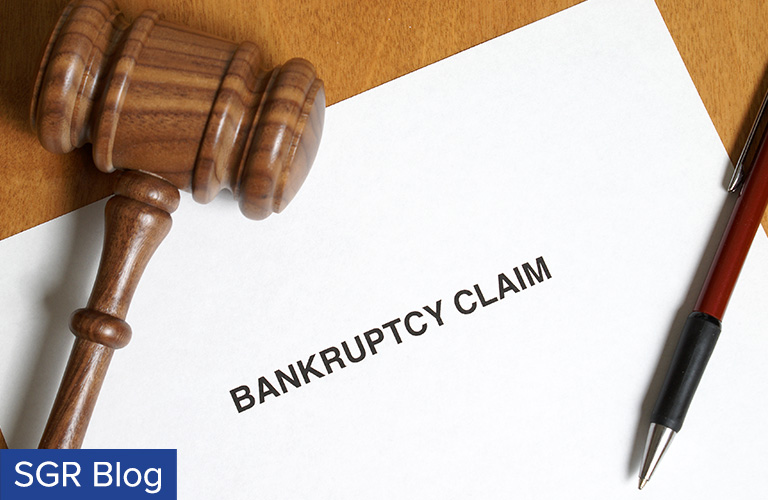
The recent pandemic-induced spike of bankruptcy filings by major retail apparel chains will likely lead to a flood of “preference” proceedings in which attempts will be made to “clawback” payments to vendors. A preference is a payment to a creditor in the days leading up to a bankruptcy by which a creditor was improperly preferred over others. When this happens, the Bankruptcy Code allows the trustee (and sometimes others) to bring a preference action to recover the preferential payments for the benefit of the debtor’s estate.
The Bankruptcy Code defines a preferential payment as any payment for a debt made to a creditor, typically within 90 days prior to the bankruptcy case filing, while the debtor was insolvent, and which enabled the creditor to receive more than it would have otherwise received in a bankruptcy proceeding. The creditor does not need to actually do anything wrong for a payment to be considered preferential and thus almost any creditor paid within the 90-day period may be the target of a preference claim.
The trustee has the burden of proving the above-referenced elements, not usually a difficult task given the statutory presumption of insolvency. Once that is done, the burden shifts to the creditor to prove any of its viable defenses or try to overcome the presumption. The two most common defenses are the new value defense and the ordinary course of business defense. The new value defense provides for reduction in the preference exposure for goods or services delivered after the receipt of the alleged preferential payments. The ordinary course defense is used when the transaction was typical (i.e., typical payment terms between the parties and in the relevant industry were followed). Among other available defenses: the substantially contemporaneous exchange defense if payment was made at the time of the sale or transfer of goods (this typically is limited to cash-on-delivery sales) and the purchase money security interests defense (where funds are loaned in order to purchase specific items using a security interest agreement);.
Like many other Bankruptcy Court matters, preference proceedings and defenses are complicated, fact specific and document based. Preserving and protecting the contemporaneous and other transactional records is the critical key and material predicate for mounting a defense.
Experienced SGR attorneys are available to defend preference claims under the Bankruptcy Code.

